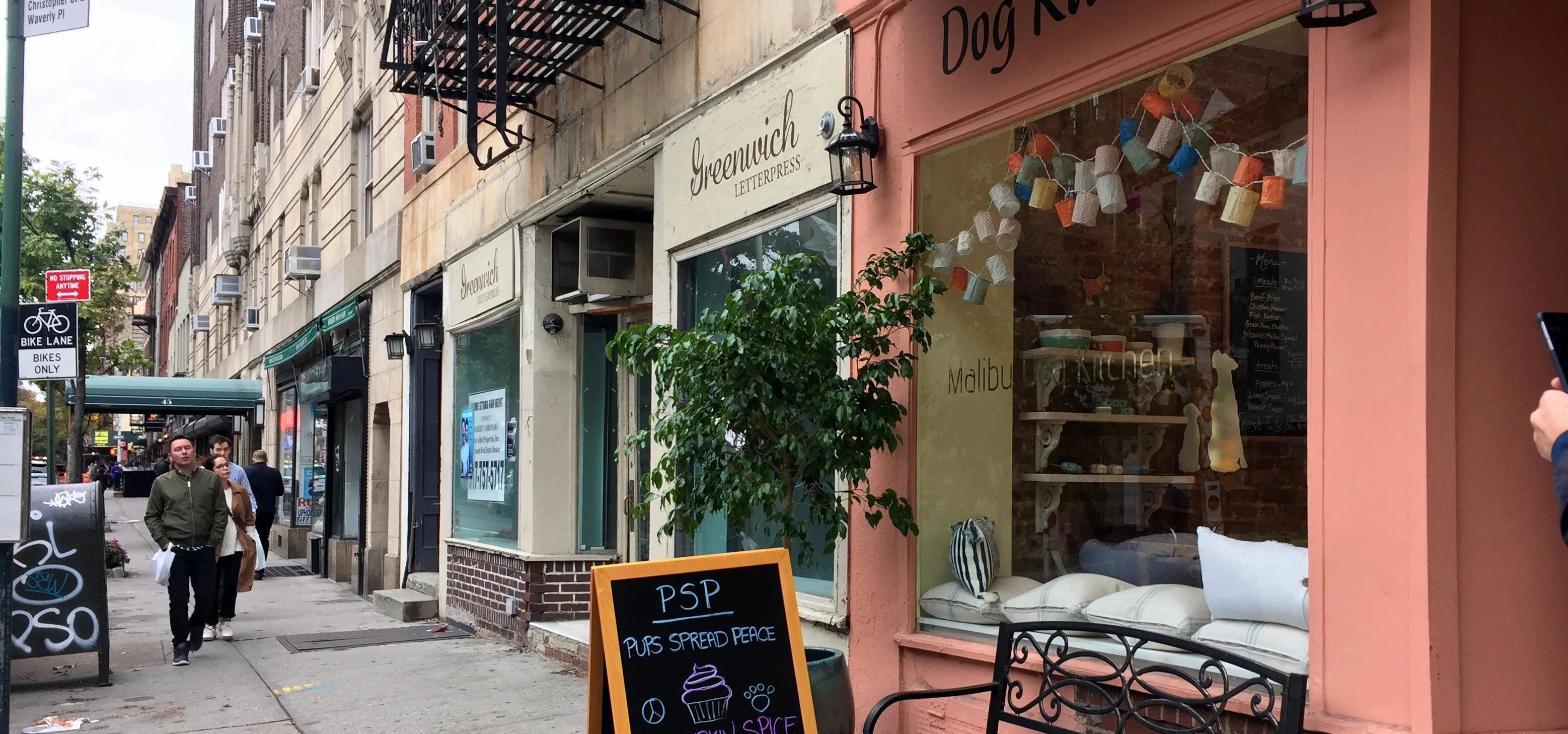
Partner Article
Mobilising SMEs to compete with the big boys
- By Raj Parmar, Marketing Director at Box Technologies
With more than 22,905 retail store staff impacted by failing big businesses from the start of this year alone, it paints a worrying picture for the unreported struggles of many of UK’s SMEs.
It’s a well-known issue that companies are having to adapt the way they operate to meet the changing behaviour of today’s connected consumers. Large businesses are frequently reporting how they are realigning to consumer demand through the implementation of customer-centric technology and digitally seamless omnichannel experiences, but this is easier said than done for SMEs.
Tight budgets can often leave smaller retailers unsure of how they can enhance their current offer to meet shopper expectations without having to reinvent their services or invest significantly in new systems altogether. The answer lies in investment in technology.
Retail technology solutions are an increasingly critical part of attracting visitors to the store and keeping them there. Using the right in-store technology, sales assistants can show and demonstrate the widest possible catalogue of products and services – no matter how small the business is.
However, half the battle with implementing in-store technology is staff acceptance. New solutions can lead to staff being afraid of looking incompetent in front of customers, but this shouldn’t put off smaller businesses from the benefits they’ll receive as a result. In-store technology does not need to be confusing or difficult and should only require minimal training.
Here are two ways small businesses can implement technology to help nurture customer experience and support store staff, allowing them to compete with the big boys:
1.Review current POS
With 90% of sales still taking place in the store it is imperative to get the point of sale (POS) right. Consumers now expect the same sophisticated and personalised service they receive online to be replicated within the store, meaning the POS needs to empower staff, delivering rich information to solve all customer queries, quickly, efficiently and attentively.
Legacy POS systems are cumbersome and unreliable. Businesses want their POS upgrade to be fully future-proof to enhance the store experience as well as ensuring a further upgrade will not be needed in the near future.
When considering an upgrade it is important to find a solution that can seamlessly integrate with existing back-end services to ensure that minimal disruption will take place during the conversion. SMEs should also consider what capabilities they want their POS to deliver, as the customisation potential of POS systems can deliver more value than purely processing transactions.
2.Taking pressure off the till
There are many advantages to implementing mobile POS including; reducing queue time, providing customers with a more immersive experience and offering staff more support during the sale.
Mobile POS increases staff control and influence over the customer journey, where staff can use the device to enhance omnichannel experiences by introducing personalisation. Staff will be more confident approaching customers with a wealth of information at their hands in the form of a store tablet. They can instantly respond to any product queries and complete transactions away from the fixed till, reducing queuing time during busy trading periods.
Developing platforms that can be used through fixed and mobile POS smooths the transition process, as staff can use the system on a different device with minimal training requirements causing less disruption. This also means that with one system in place, processes will remain hassle-free and efficient.
It is a difficult time for small businesses as they face the threat of online retail as well as the wake of uncertainty that Brexit has left. The key to success lies in the consumer and ensuring that the business is aligned to what they want as well as what they expect. As younger consumers (Generation Z) begin to increase in value for businesses, their personal reliance on technology will start to feed into the business landscape, making in-store technology a necessity – no matter how small the business is.
By evaluating the effectiveness of current POS systems and using instore technology such as tablet-based solutions, small businesses can reap the rewards of providing the experience that customers expect and want.
This was posted in Bdaily's Members' News section by Reporter .








 Raising the bar to boost North East growth
Raising the bar to boost North East growth
 Navigating the messy middle of business growth
Navigating the messy middle of business growth
 We must make it easier to hire young people
We must make it easier to hire young people
 Why community-based care is key to NHS' future
Why community-based care is key to NHS' future
 Culture, confidence and creativity in the North East
Culture, confidence and creativity in the North East
 Putting in the groundwork to boost skills
Putting in the groundwork to boost skills
 £100,000 milestone drives forward STEM work
£100,000 milestone drives forward STEM work
 Restoring confidence for the economic road ahead
Restoring confidence for the economic road ahead
 Ready to scale? Buy-and-build offers opportunity
Ready to scale? Buy-and-build offers opportunity
 When will our regional economy grow?
When will our regional economy grow?
 Creating a thriving North East construction sector
Creating a thriving North East construction sector
 Why investors are still backing the North East
Why investors are still backing the North East